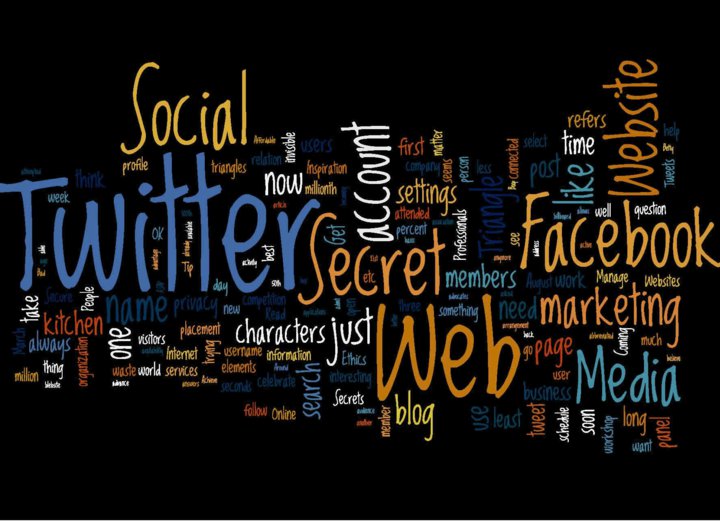
The marketing world has substantially evolved over the last few years in terms of how you can target prospective customers for your business. Before, your primary options for targeting largely involved demographics or geographies through media buys on larger websites and ad networks or through keywords through search engines. But the major social networks have made some very interesting strides in the last couple of years in terms of letting advertisers drill down like a laser beam on very narrow targets within their broader audience. Below are a few examples of what I am talking about:
VIA LINKEDIN
If you are a B2B business looking to target B2B buyers for your product or service, LinkedIn in the place for you. For instance, let’s assume you are selling technology that serves event marketers and you are trying to target heads of event marketing as prospective buyers.
The first option is to target your media buy around LinkedIn users that are members of targeted user groups therein. In this example, look at all the groups that serve prospective end-buyers in the event marketing space and target your ads only to those users. As an example, the 20,000 members of the “Event Marketing Pros” group is probably a pretty good place to start.
A second option is to target your media buy around LinkedIn users that have the business title and work at the sized-company you are targeting. In this example, anybody with the title “Event Planner” or “Head of Event Marketing” in their user profile page and who work for “Companies in Excess of 1,000 Employees” (if trying to get to Fortune 500 accounts) would be really great to target your ads.
VIA FACEBOOK
If you are a B2C business looking to target B2C consumers for your product or service, Facebook is the place for you. In this case, let’s assume you are selling a new line of upscale men’s fashion.
It has never been easier to steal potential customers from established brands in your space. Imagine that you can now target your ads to the Facebook fans of Giorgio Armani, Ralph Lauren or Tommy Hilfiger or the male fans of logical retailers like Nordstrom or Saks Fifth Avenue. These people are obviously interested in men’s fashion, and with the right messaging might be interested in learning about new men’s fashion brands.
The same holds true for targeting followers of major media outlets in your space. Facebook fans of GQ, in this example, would be pretty ripe fishing grounds for your product. And it would be a lot cheaper trying to access those users via Facebook’s pay per click model than paying GQ thousands of dollars for CPM based display ads in their magazine or website.
VIA TWITTER
And let’s not forget Twitter, whether you are B2B or B2C. You can target your ads to users that have certain desired keywords in their profile description, or in their stream of conversations. Or, again, piggyback on the followers of your key competitors, industry groups or media outlets to get your messaging in front of those known users that should be interested in what you have to offer.
For all you startups out there with limited budgets, or bigger companies trying to drive a higher ROI on your marketing spend, the better you can target your messaging to the right potential buyers, the higher your conversion rate, the lower your cost of acquisition and the higher your ROI will be. And, hopefully, examples like the above show it has never been easier or more affordable to get good levels of targeting into your ad campaigns on this pay-per-click basis.
Image credit: CC by Mark Kens



